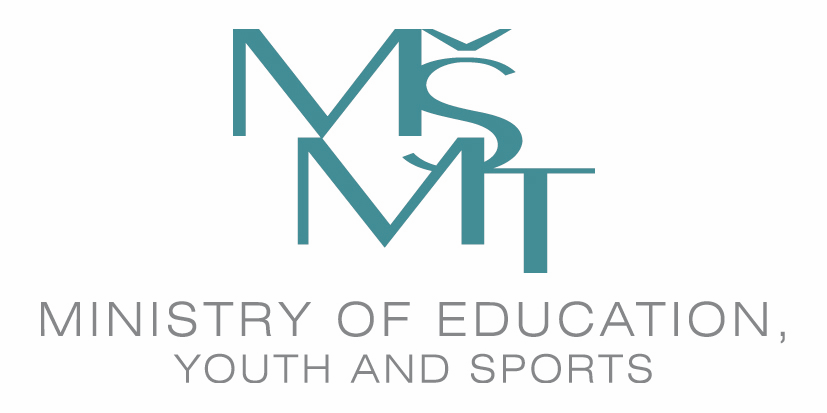Annotation
The development of laser technologies has opened the way for femtochemistry—the study of chemical reactions (rearrangement of molecular or ionic structures) using femtosecond laser pulses. Although the Nobel Prize for this work was awarded in 1999, it took another 20 years to squeeze pulse widths sufficiently to capture the fastest processes.
In this talk, I will describe the revelation of the reaction rates associated with the fastest chemical reaction known so far: the transfer of hydrogen nuclei, H⁺. Despite its unfamiliar description, this process is involved in most acidic reactions. Remarkably, the chemical rate is approximately 50 fs, regardless of the molecule studied, the system size, or the initial trigger. Complementary theoretical and experimental perspectives will be covered.
Suitable for studying such reactions, laser pulses with photon energies ranging from UV to X-rays will serve as a springboard to discussing quantum computer architectures based on chemical principles. A critical review of possible architectures will be provided.
Benefits for the attendees, what they will learn:
The seminar will consist of two parts. The first part will focus on the tutor’s previous work, offering participants insights into some of the most advanced high-energy laser devices and their applications in chemistry. The crucial role of theoretical modelling in conjunction with experimental measurements will be demonstrated through several applications.
The second part will review quantum computer architectures with origins in chemistry, such as molecular and nuclear spin-based qubits, quantum dots, and atomic-based architectures like Rydberg atoms and trapped ions.
Level
beginner
Language
English
Prerequisites
A will to learn something apart from pure computer science.
Basic knowledge of quantum mechanics might be handy.
Tutor
Michal Belina
Michal Belina is a research assistant at the Quantum Computing Laboratory at the IT4Innovations National Supercomputer Center. He is currently moving to the field of quantum computing from computational chemistry. His alma mater was the University of Chemistry and Technology in Prague, from which he graduated in 2020. He is currently finishing his PhD in computational chemistry at the same institution. His thesis focuses on describing relaxation processes following substantial electron excitation and/or ionization, including the ionization of core electrons, with a particular emphasis on systems with hydrogen bonds. The exact direction in the field of quantum computing is still in development at the time of writing this text.
Acknowledgements

This project has received funding from the European High-Performance Computing Joint Undertaking (JU) under grant agreement No 101101903. The JU receives support from the Digital Europe Programme and Germany, Bulgaria, Austria, Croatia, Cyprus, Czech Republic, Denmark, Estonia, Finland, Greece, Hungary, Ireland, Italy, Lithuania, Latvia, Poland, Portugal, Romania, Slovenia, Spain, Sweden, France, Netherlands, Belgium, Luxembourg, Slovakia, Norway, Türkiye, Republic of North Macedonia, Iceland, Montenegro, Serbia. This project has received funding from the Ministry of Education, Youth and Sports of the Czech Republic.
.png)

This course was supported by the Ministry of Education, Youth and Sports of the Czech Republic through the e-INFRA CZ (ID:90254).
Michal Belina would like to appreciate the support of the Czech Science Foundation (EXPRO project no.~21-26601X).
![[HYBRID] Quantum Computing Seminar: Exploring the Fastest Chemical Reactions using Ultrashort Laser Pulses: An Outlook for Quantum Computers Based on Chemistry](/event/283/logo-3264908871.png)

